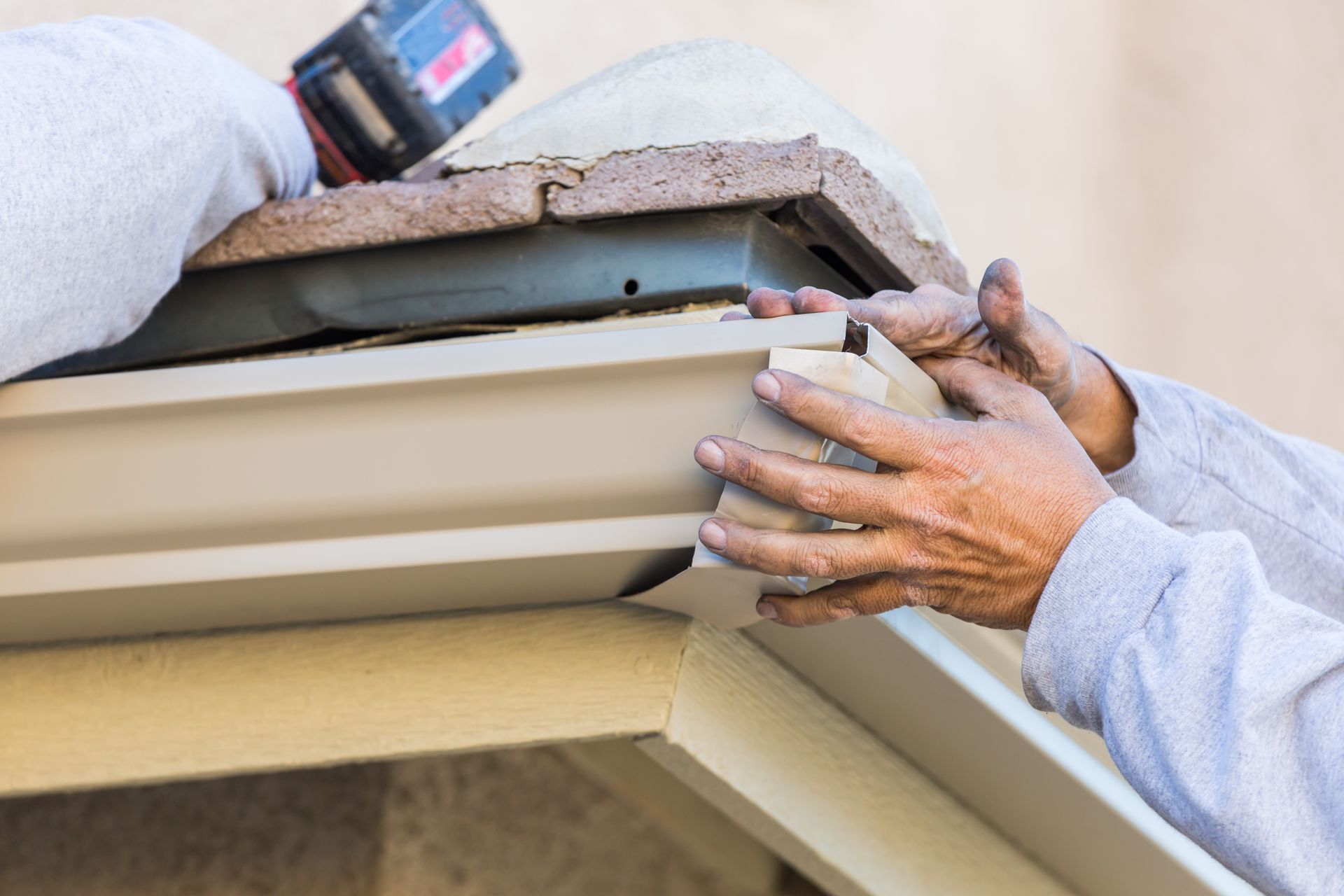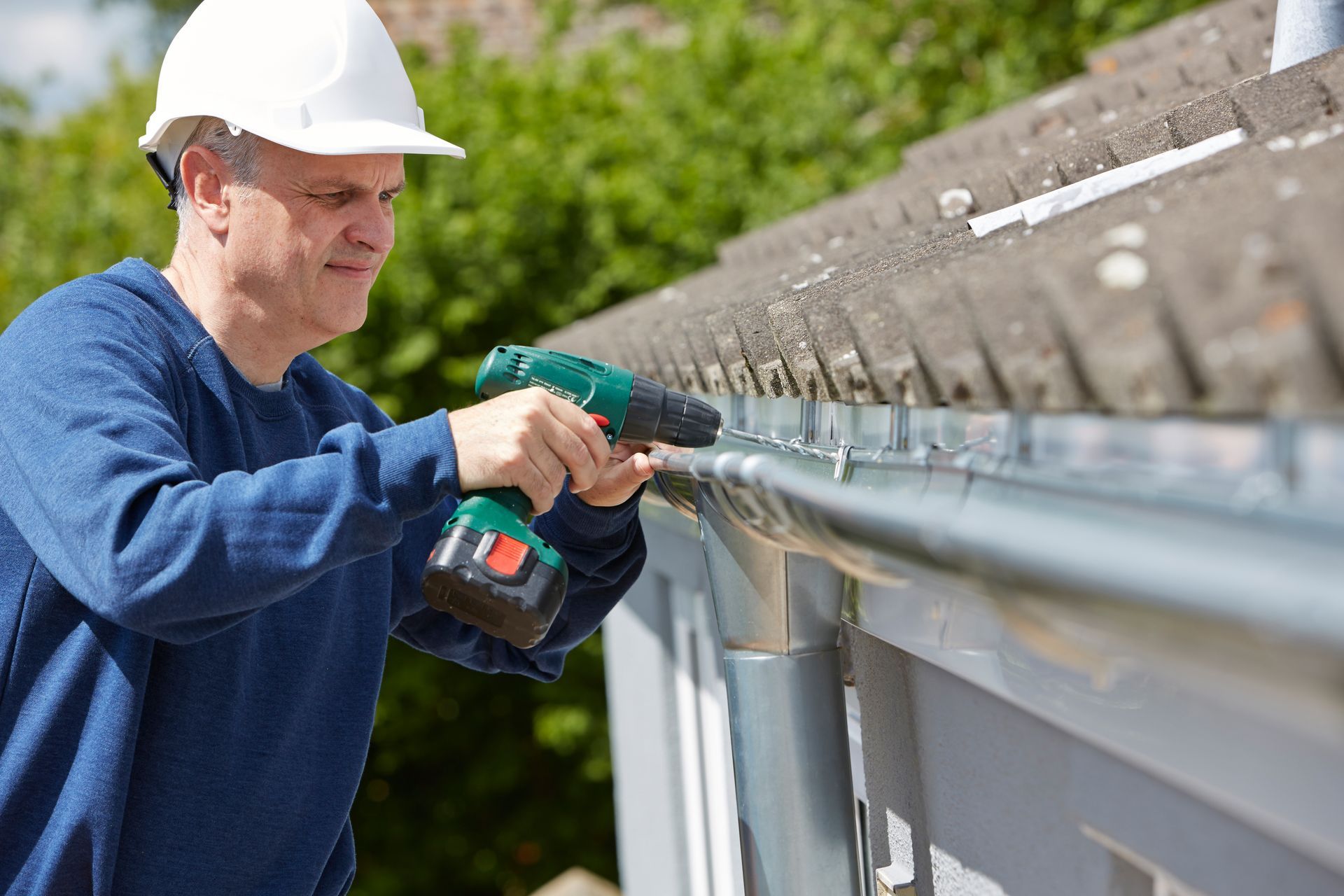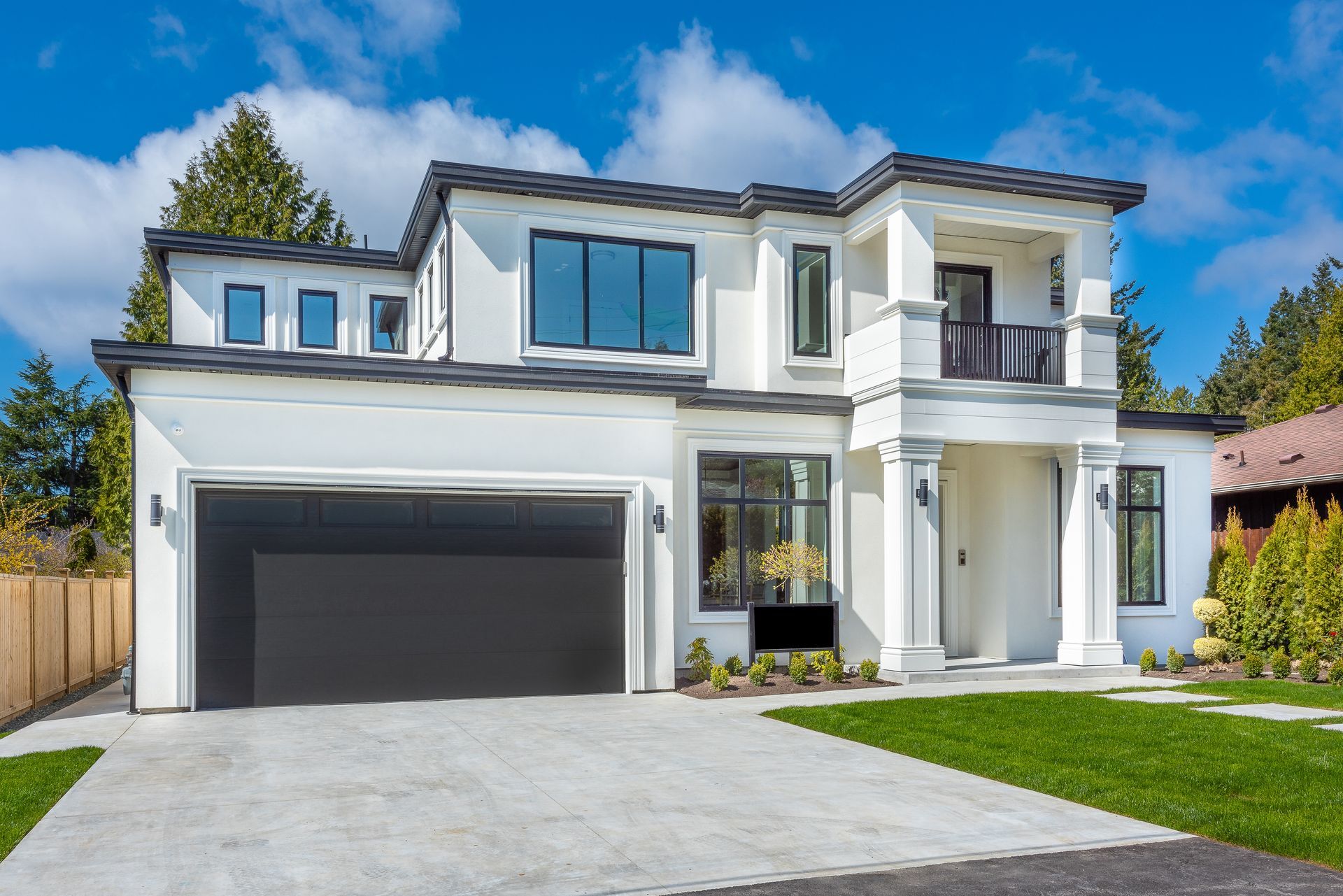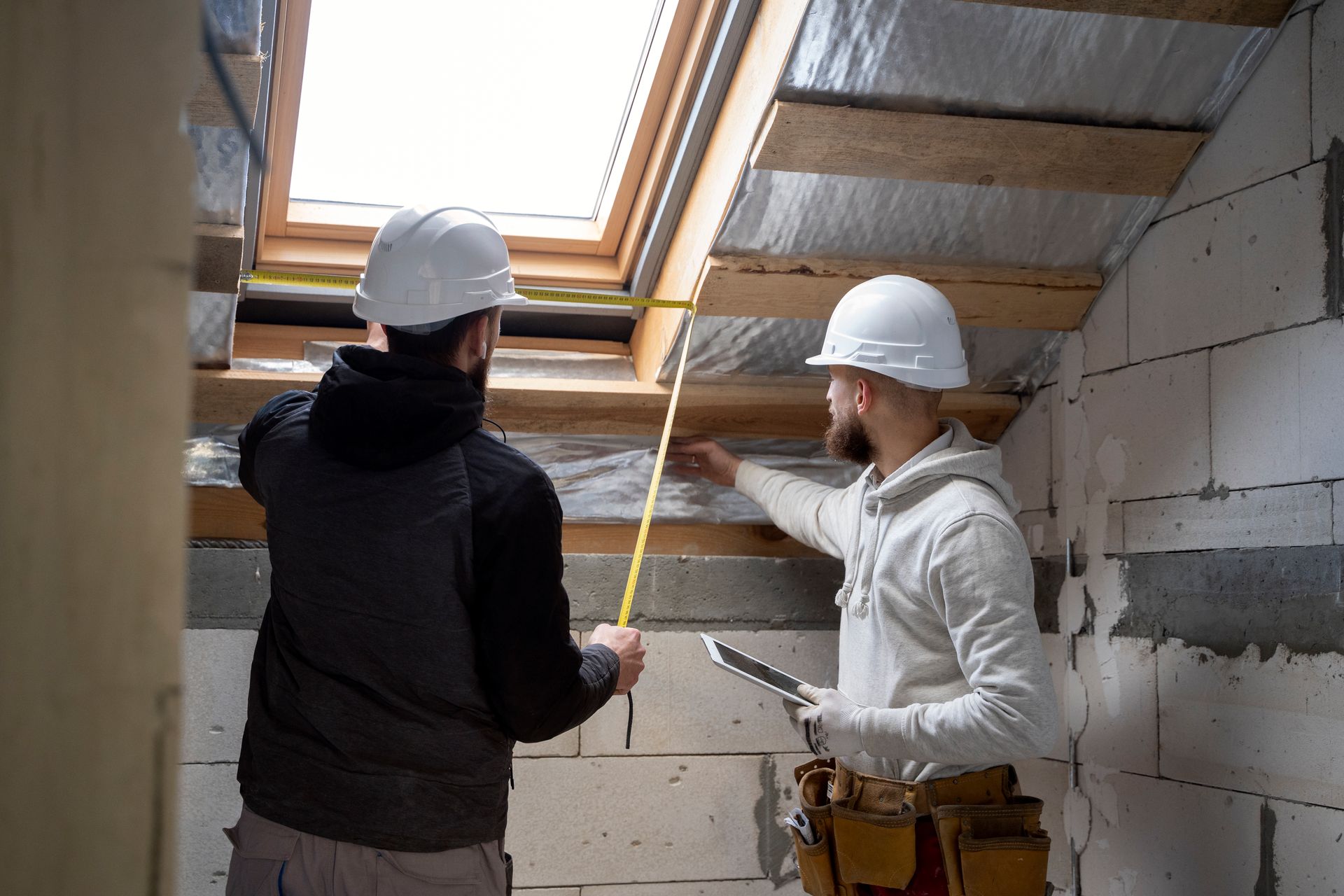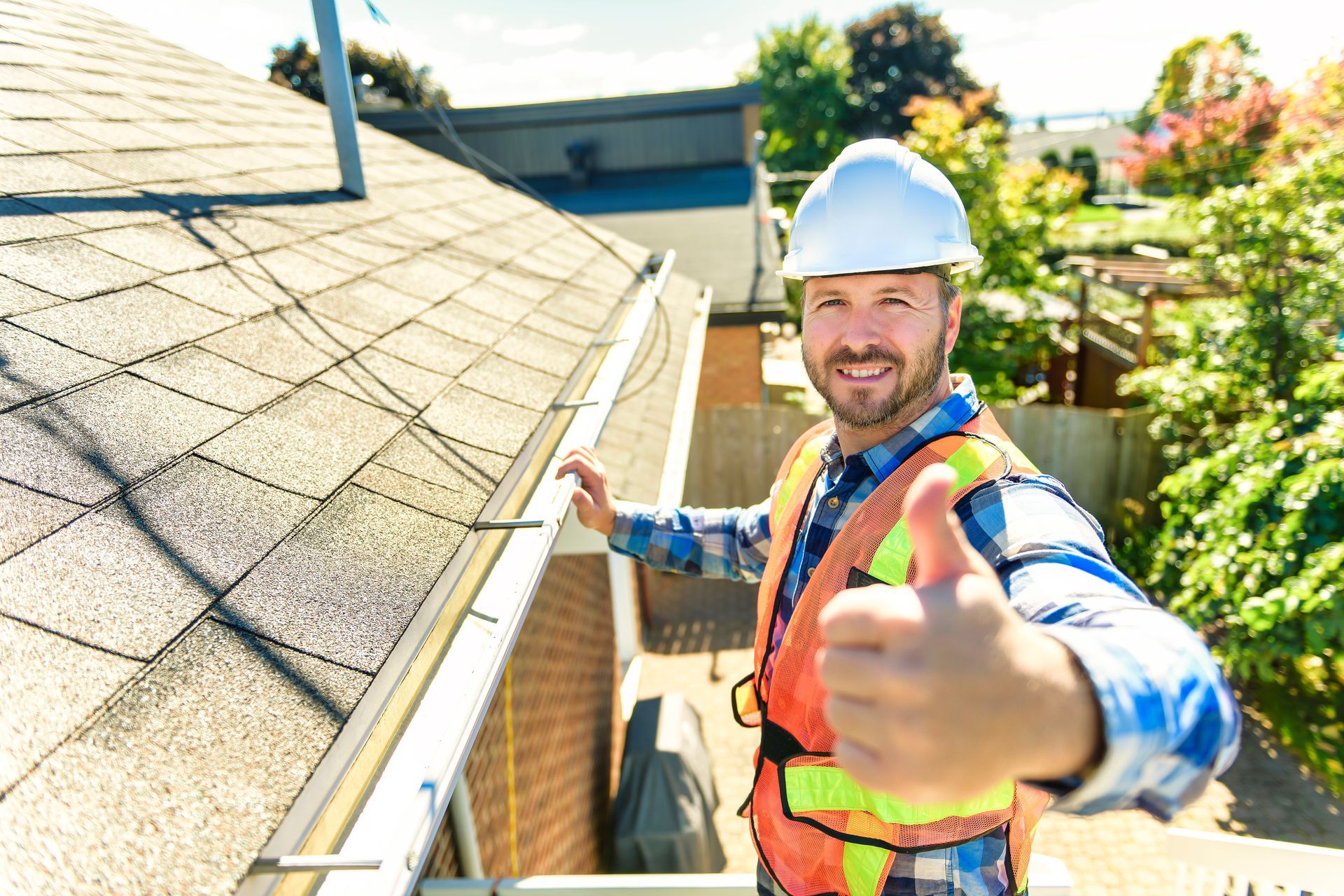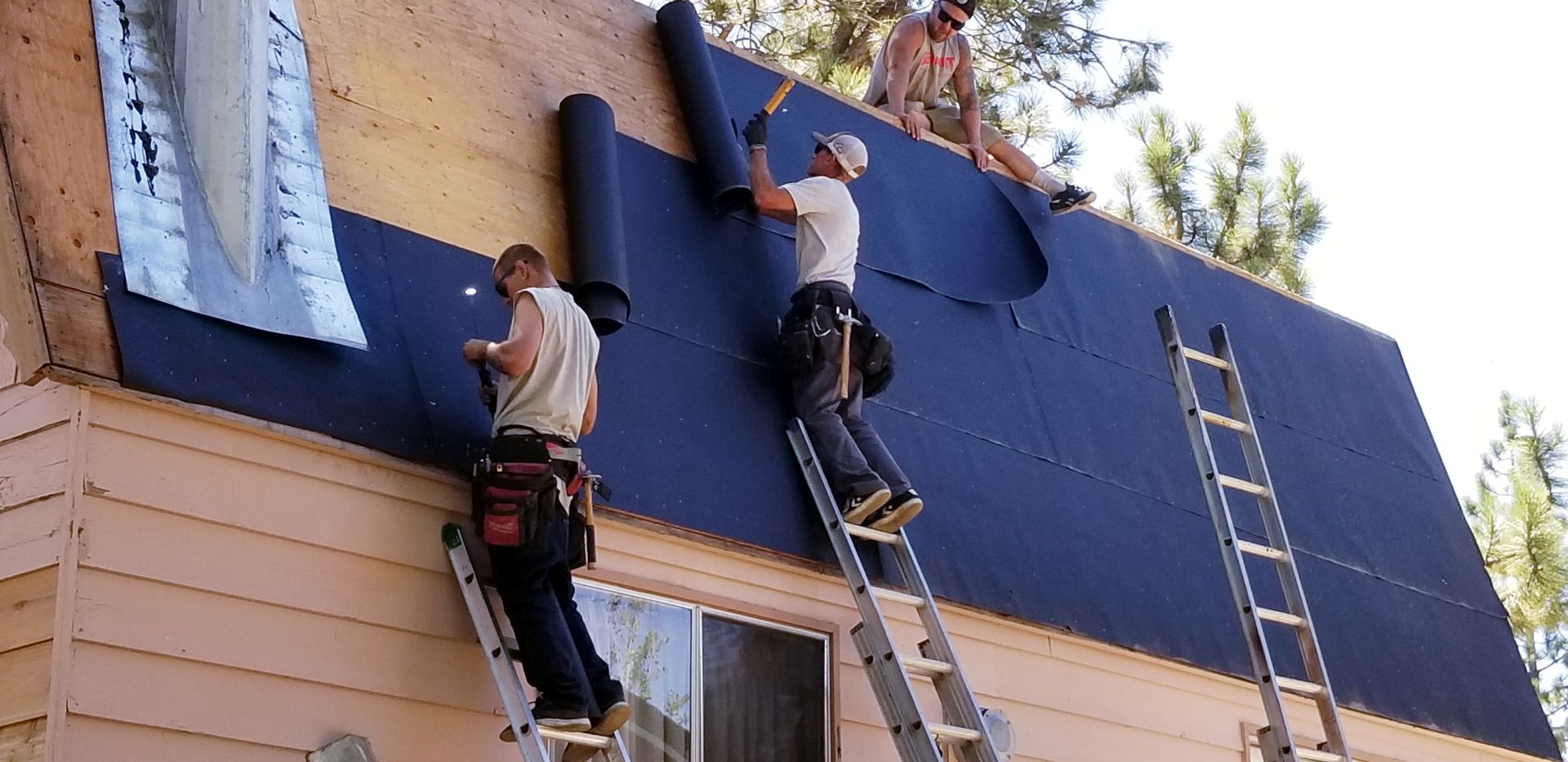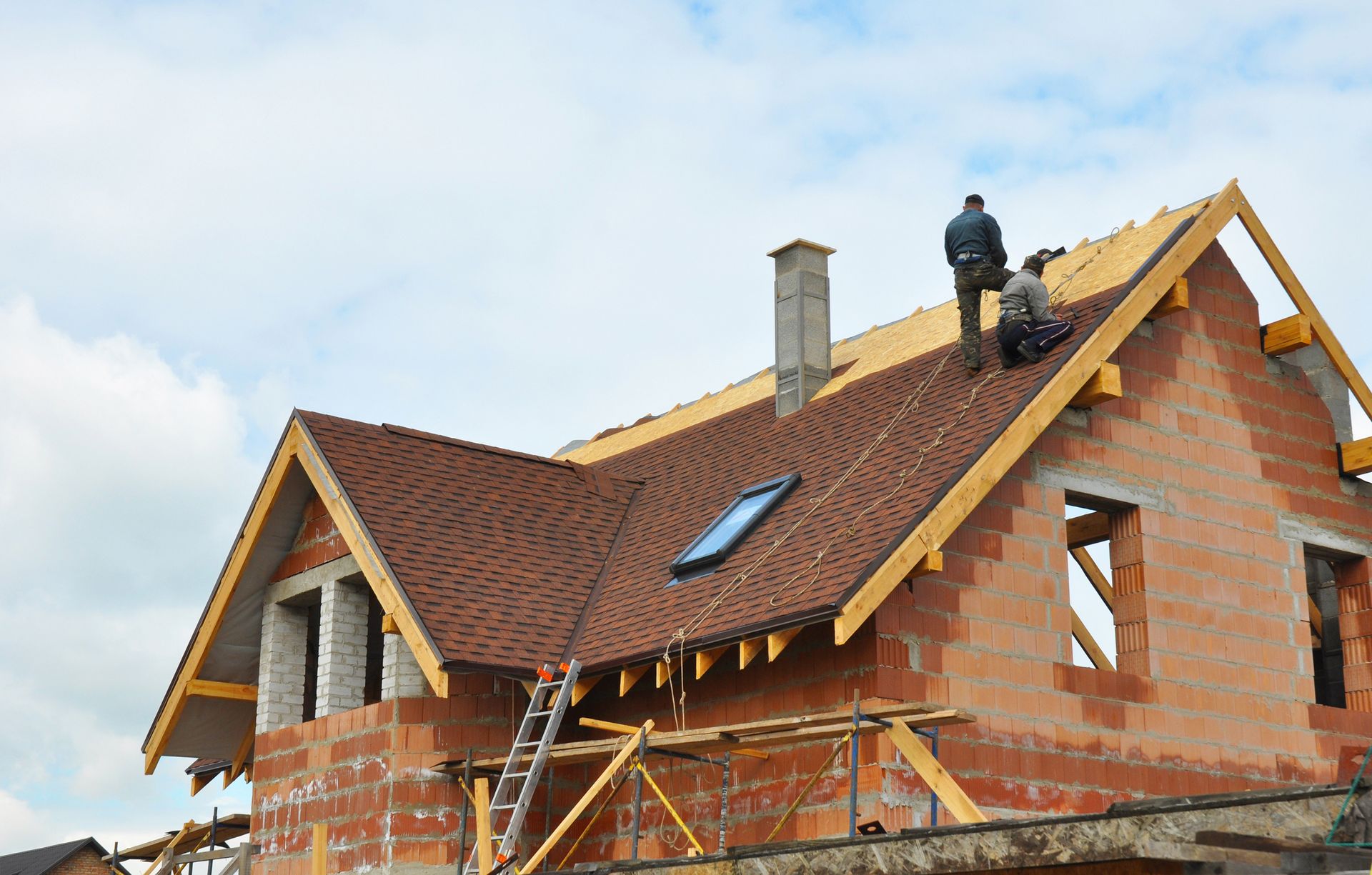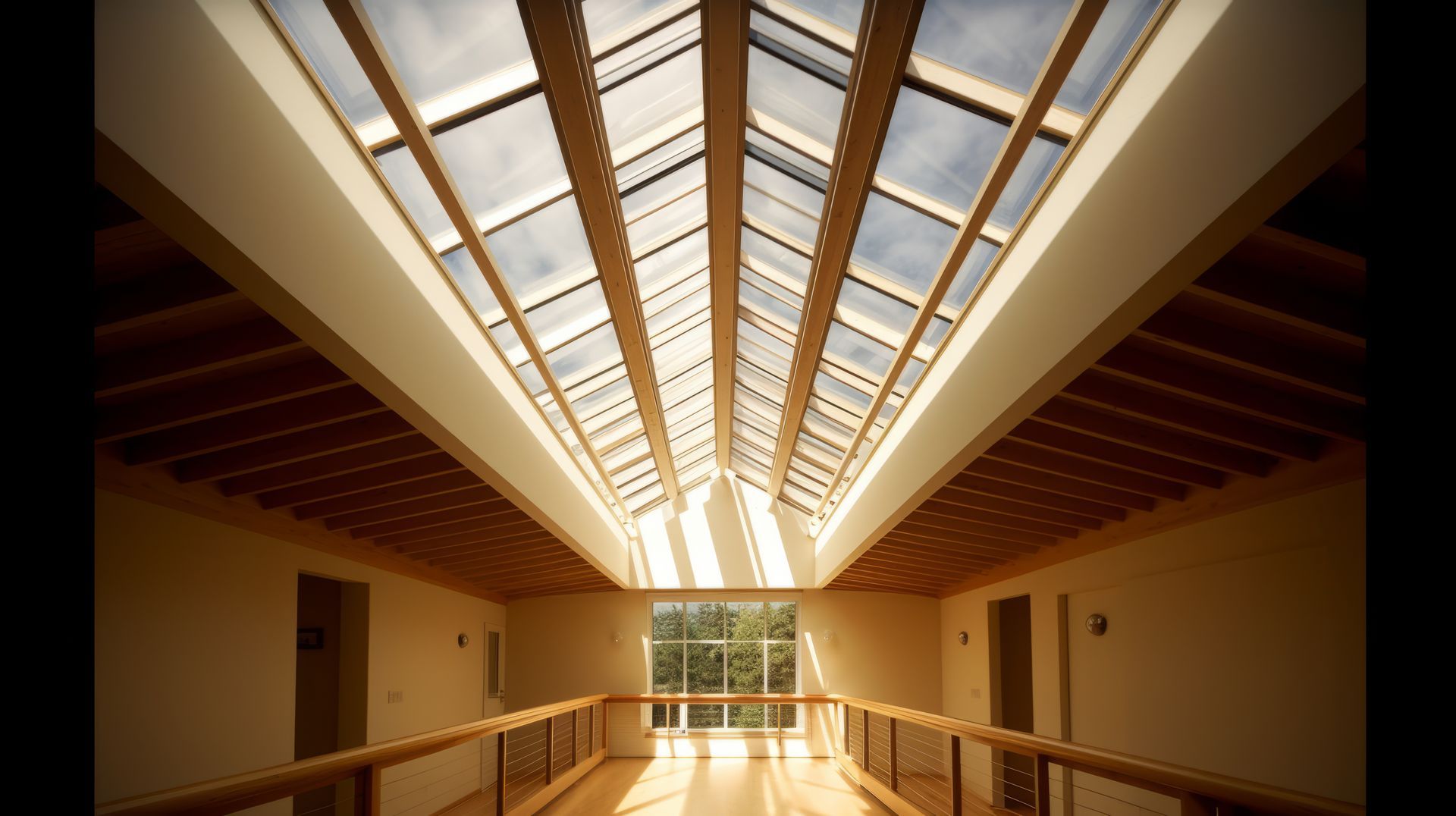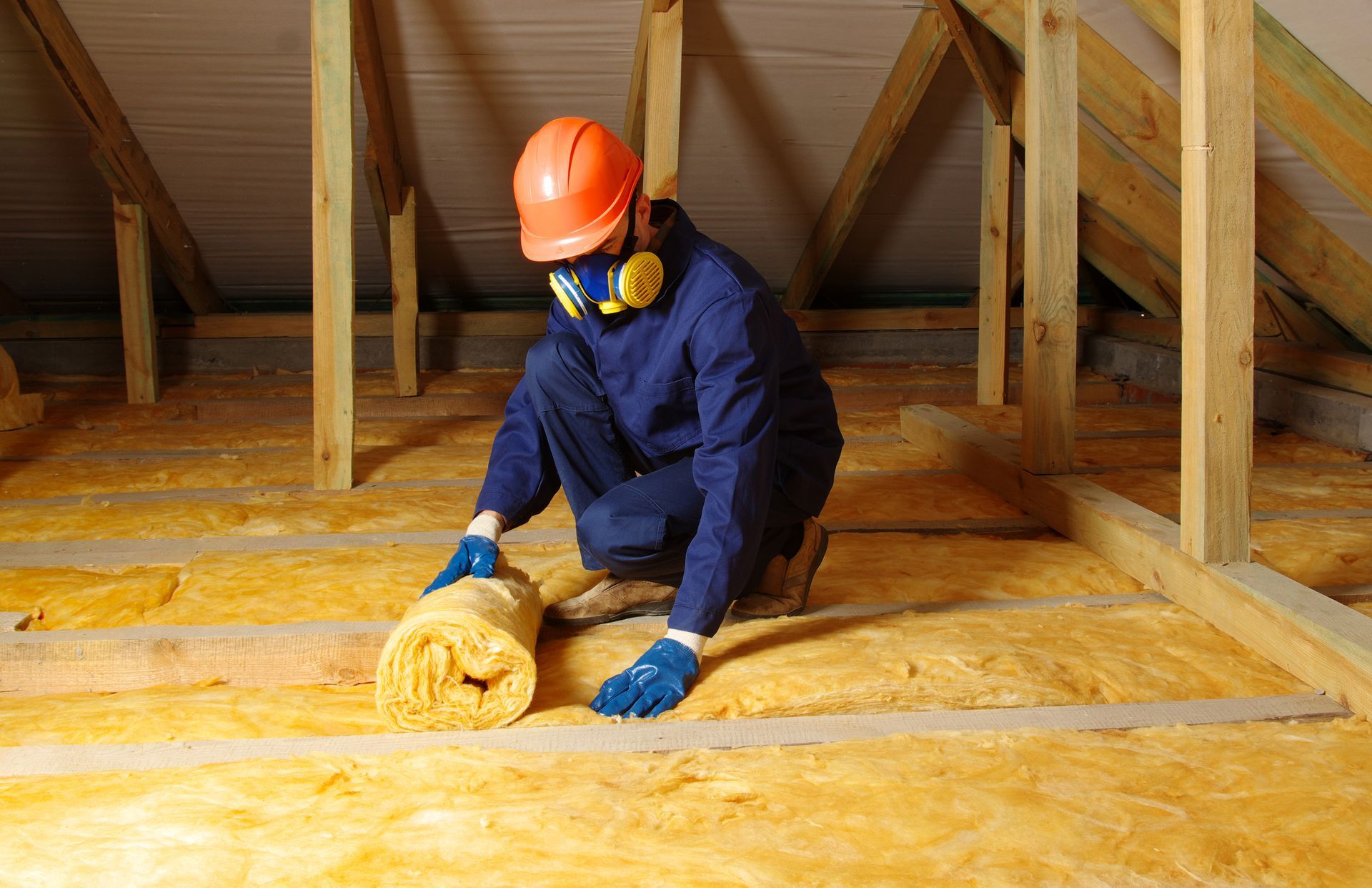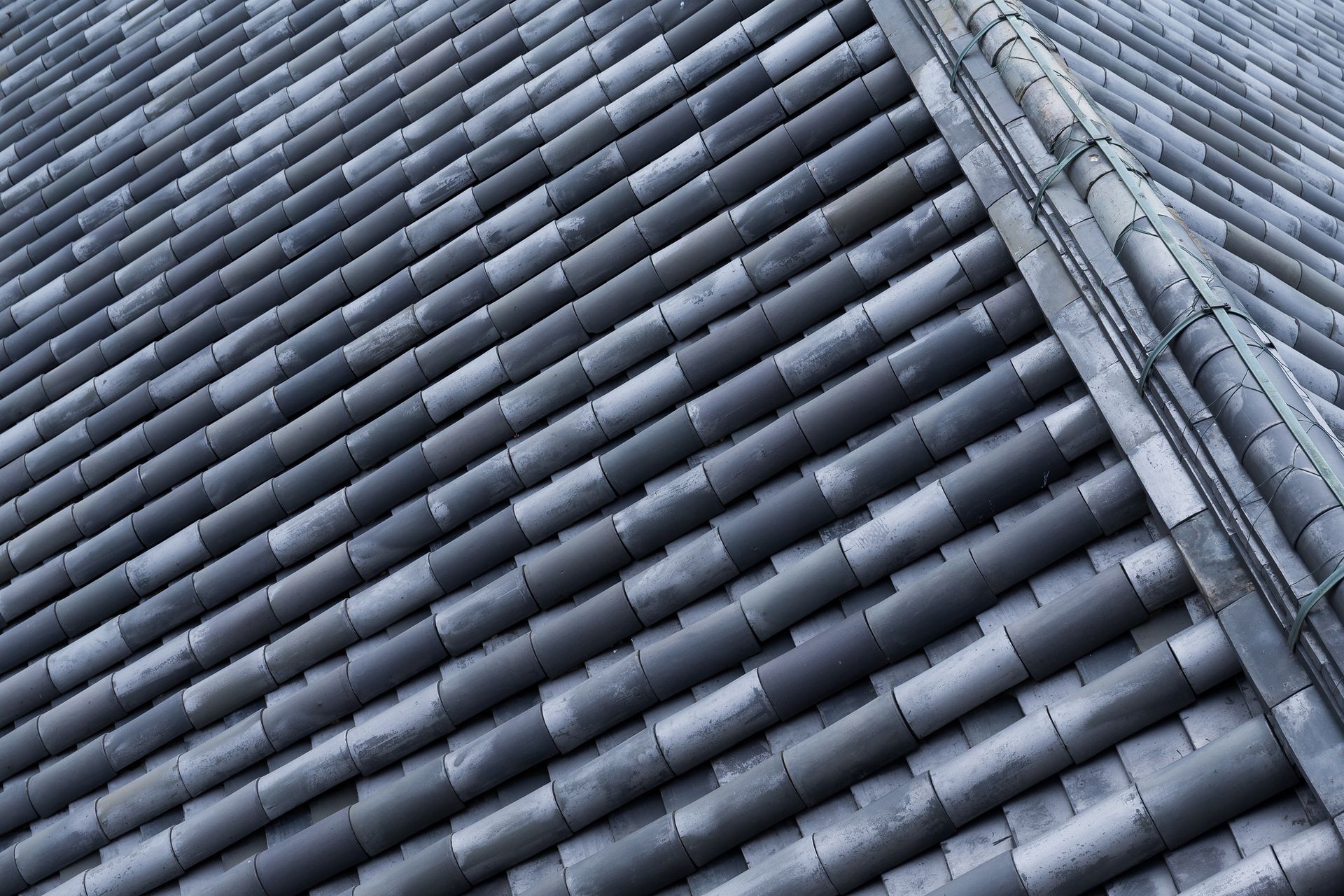Pros and Cons of Flat Roofing for Commercial Buildings
When it comes to selecting the right roofing system for a commercial building, property owners and managers have a wide range of options to choose from. One popular choice among commercial property owners is flat roofing. Flat roofs are known for their cost-effectiveness, ease of maintenance, and design flexibility. However, like any roofing system, flat roofs have their own set of advantages and drawbacks. In this blog post, we will explore the pros and cons of flat roofing for commercial buildings to help you make an informed decision for your property.
Pros of Flat Roofing for Commercial Buildings
1. Cost-Effectiveness: One of the most significant benefits of flat roofs is their cost-effectiveness. Flat roofing systems are generally less expensive to install, maintain, and repair than sloped roofing systems. This is because they require fewer materials and labor, which ultimately leads to cost savings for property owners.
2. Ease of Maintenance: Flat roofs are easier to maintain than sloped roofs, as they provide easy and safe access for inspection, cleaning, and repairs. This can be especially beneficial for property owners who need to regularly inspect and maintain their roofing system, such as those with large commercial buildings.
3. Design Flexibility: Flat roofs offer a high degree of design flexibility, making them suitable for a variety of architectural styles and building types. They can be easily customized to accommodate HVAC systems, solar panels, and green roofing systems, among other features. This allows property owners to optimize their building's energy efficiency, sustainability, and aesthetic appeal.
4. Additional Usable Space: Unlike sloped roofs, flat roofs provide additional usable space that can be utilized for various purposes. This space can be used to house mechanical equipment or even to create rooftop gardens, recreational areas, or additional storage.
Cons of Flat Roofing for Commercial Buildings
1. Limited Drainage: One of the main drawbacks of flat roofing systems is their limited drainage capabilities. Flat roofs are more prone to pooling water, which can lead to leaks, structural damage, and the growth of mold and mildew. To mitigate these issues, property owners must invest in proper drainage systems, such as scuppers, drains, or roof crickets, and perform regular maintenance to ensure the systems are functioning correctly.
2. Limited Lifespan: Flat roofs typically have a shorter lifespan than sloped roofing systems, primarily due to their exposure to the elements and potential for water damage. The lifespan of a flat roof can vary depending on the materials used and the quality of installation, but generally, they last between 10 to 25 years.
3. Structural Considerations: Flat roofs may require additional structural reinforcement, especially in areas with heavy snowfall or high wind loads. This can increase the overall cost and complexity of the roofing project.
4. Material Limitations: Some flat roofing materials, such as modified bitumen and built-up roofing, may not be as durable or long-lasting as other options, such as single-ply membranes or metal roofing systems. Property owners should carefully consider the materials used for their flat roofing system to ensure they meet their performance and durability requirements.
In conclusion, flat roofing systems can offer numerous benefits for commercial buildings, including cost savings, ease of maintenance, design flexibility, and additional usable space. However, they also come with some drawbacks, such as limited drainage and lifespan, structural considerations, and material limitations. To determine if a flat roofing system is the right choice for your commercial property, it's essential to weigh these pros and cons against your specific needs, budget, and long-term goals.
With decades of experience, a commitment to reliability, and a focus on using modern, long-lasting materials, our skilled tradesmen can help you make the right decision for your roofing project. If you're considering a flat roofing system for your commercial building or need professional guidance on choosing the best roofing solution for your property, contact AAA Roofmasters.


